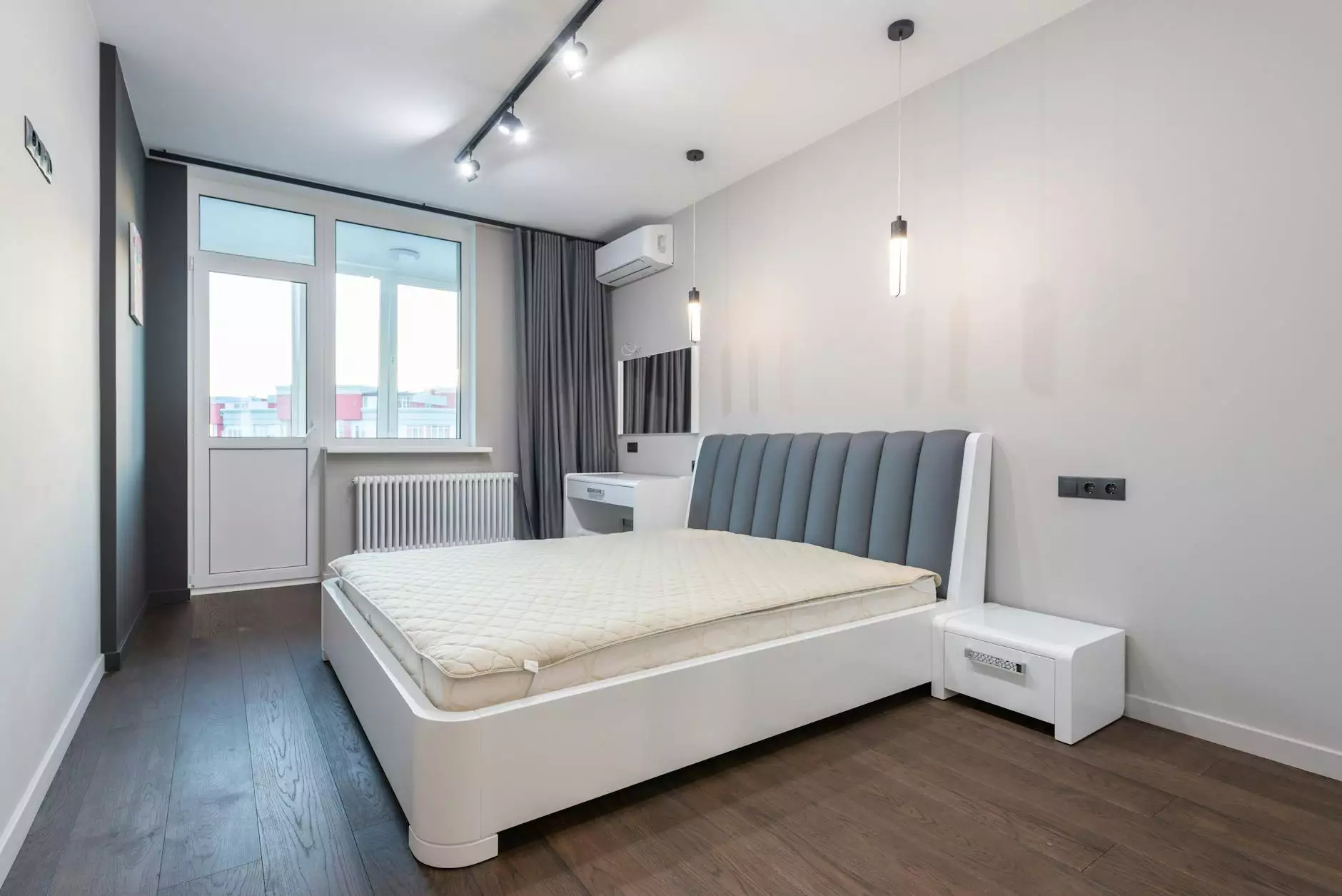Ultimate Guide to Buying an Air Conditioner (AC)

In today's world, an air conditioner (AC) is not just a luxury; it has become an essential appliance for providing comfort during the scorching summer months. A well-functioning AC can significantly enhance your quality of life, ensuring that you stay cool and comfortable. In this extensive guide, we will explore everything you need to know about buying an AC, from understanding the different types of air conditioners to tips for selecting the best model for your home or office.
Understanding the Importance of Air Conditioning
As temperatures soar, a reliable air conditioning system plays a crucial role in maintaining a comfortable indoor environment. Here are some key benefits of having an air conditioner:
- Improved Comfort: Air conditioning helps regulate indoor temperatures, making your living spaces more enjoyable.
- Enhanced Air Quality: Modern AC systems are equipped with filters that reduces allergens, dust, and pollutants, leading to better indoor air quality.
- Better Sleep: A cool environment promotes sound sleep, improving overall wellbeing.
- Increased Productivity: A comfortable working environment boosts focus and productivity levels, particularly in workspaces.
- Protection of Electronics: Air conditioning protects sensitive equipment and electronics from overheating.
Types of Air Conditioners Available
When you decide to buy an AC, it's essential to consider the different types available. Each type has its own unique features and benefits that cater to varying needs:
1. Window Air Conditioners
Window AC units are compact and ideal for cooling single rooms. They are easy to install and remove, making them a popular choice for renters. Some advantages include:
- Cost-effective: Generally more affordable than central air systems.
- Simple Installation: Can often be installed without professional help.
- Energy Efficient: Suitable for smaller spaces, leading to lower energy bills.
2. Split Air Conditioners
Split ACs consist of two main units: an indoor unit and an outdoor compressor. They are versatile and can effectively cool larger spaces:
- Quiet Operation: Since the compressor is located outside, split ACs operate more silently.
- More Aesthetic: Indoor units are visually appealing and take up less space.
- Multiple Zones: Can cool multiple rooms with the installation of additional indoor units.
3. Central Air Conditioning Systems
Central AC systems are designed to cool entire homes. They use ducts to distribute cool air throughout various rooms. Here are a few advantages:
- Whole-House Cooling: Ideal for large homes where maintaining a consistent temperature is vital.
- Good Indoor Air Quality: Central systems can filter and purify air for the whole house.
- Increased Home Value: Homes with central air conditioning systems often have a higher resale value.
4. Portable Air Conditioners
Portable ACs are mobile units that can be moved from room to room. They are convenient for individuals who require flexibility:
- Moveable: Roll them into any room where cooling is needed.
- No Installation Required: Simply plug them in and vent them through a window.
- Great for Small Spaces: Perfect for apartments or small rooms without central air.
Factors to Consider Before Buying an AC
Before making a final decision to buy an AC, you should consider several critical factors to ensure you select the right unit:
1. Size of the Room
The size of the room you wish to cool is one of the most important factors. An air conditioner that is too small for the space will struggle to cool it, while an oversized unit will cool too quickly without properly dehumidifying.
2. Energy Efficiency
Air conditioning systems can consume a lot of energy. Look for models with high energy efficiency ratings (EER and SEER) which consume less electricity while providing adequate cooling. An energy-efficient AC can save you money in the long run.
3. Noise Level
Consider the noise level of the unit you are purchasing, especially if you plan to use it in bedrooms or quiet spaces. Check the decibel ratings and opt for models known for quieter operation.
4. Installation Requirements
Some AC units require professional installation, while others can be set up without assistance. Assess the installation needs based on your skills and comfort level with DIY projects.
5. Maintenance and Service Support
Choose a brand that offers excellent support and service. Check reviews and warranties to ensure that future maintenance and repairs are manageable.
Cost Considerations When Buying an AC
The price of air conditioning units can vary significantly based on type, brand, and features. Here are some common cost aspects to consider:
1. Initial Purchase Cost
Assess your budget before venturing into a purchase. While window ACs are usually the least expensive option, central systems can require a larger initial investment.
2. Installation Costs
If professional installation is needed, factor this cost into your overall budget. Some companies offer free installation with the purchase of specific models.
3. Operating Costs
Be aware of the costs associated with running the unit. Consider energy efficiency ratings and average energy consumption to estimate monthly electric bills.
Where to Buy Your Air Conditioner
When you decide to buy an AC, you have various purchasing options:
1. Online Retailers
Websites like Amazon, abedtahan.com, and other electronic retailers often provide an extensive range of AC models with customer reviews, making it easier to compare products and prices.
2. Local Appliance Stores
Visiting local appliance stores allows you to physically inspect units and talk to knowledgeable staff for personalized advice.
3. Home Improvement Stores
Stores like Home Depot or Lowe's often have a wide selection of AC units available and sometimes offer installation services.
Final Thoughts on Buying an Air Conditioner (AC)
Choosing the right air conditioner can be a game-changer when it comes to maintaining comfort in your home or office. By understanding the different types and considerations outlined in this guide, you can confidently make an informed purchase.
Don’t forget to regularly maintain your AC unit to ensure it operates effectively over the years. Filters should be replaced, and periodic servicing will keep the system running at peak performance. As you embark on your journey to buy an AC, remember that investing in quality comfort will enhance your living experience tremendously.
For more information, tips, and the latest electric appliance offers, visit us at abedtahan.com.
buy ac








